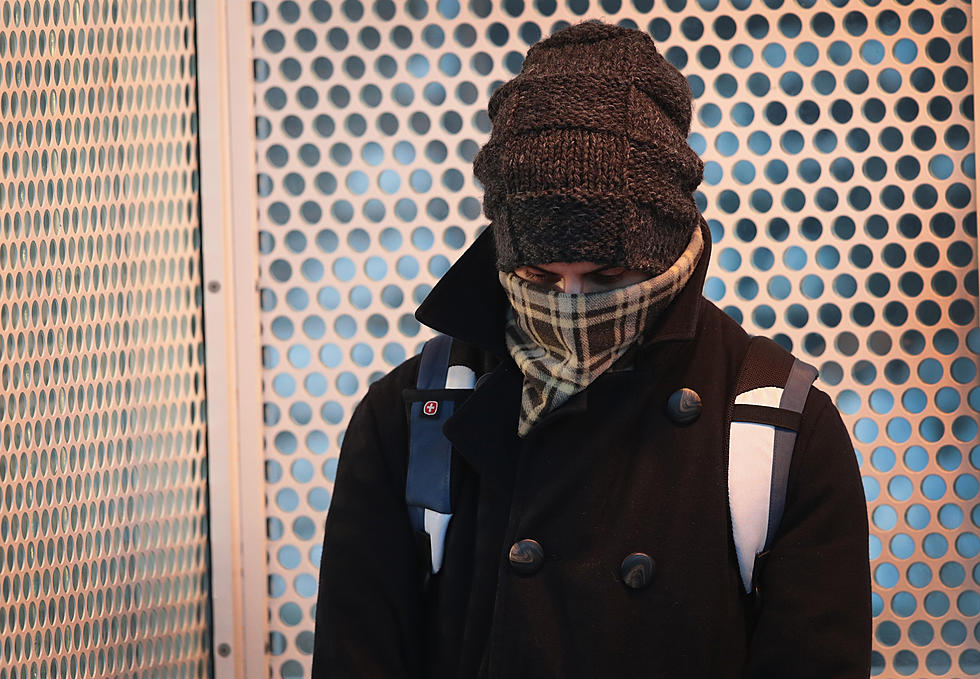
Think It’s Cold Now? Just Wait
West Michigan's Arctic Freeze continues this week, but clouds have kept the temperatures from really diving. That's about to change.
Weather.com shows that a huge blast of arctic air has situated itself over the nation's midsection and will not budge until next week at the earliest. Just west of us, the arctic blast is making temps dive into the twenty below range and that's headed our way.
Great Lakes ice cover is already at 19.7 percent, well ahead of normal, and ten times the ice at this time in 2017.
National Weather Service
Which of course means the Lake Michigan ice balls are back.
Exposure to those temps could potentially cause frostbite and hypothermia as well as hazardous driving conditions. To stay safe during cold weather, the Michigan State Police offer the following tips, most of which are familiar to winter weather weary Michiganders:
- Stay indoors if possible. If you must go outside, wear protective gear, such as hats, mittens, gloves, scarf and a warm coat.
- Avoid overexertion when shoveling heavy snow, pushing a car, or walking in deep snow. Take breaks frequently.
- Watch for signs of frostbite, which include loss of feeling or pale appearance of fingers, toes or face.
- Watch for signs of hypothermia, which include uncontrollable shivering, memory loss, drowsiness and exhaustion.
- Understand the hazards of wind chill. As wind speed increases, heat is carried away from a person’s body more rapidly and could lead to severe hypothermia.
- Remove clothing if it gets damp or wet. Wet clothing can make you more prone to hypothermia.
- Weatherproof doors and windows to trap heat inside your home.
- Check heating units. Poorly operating or damaged heating units can release carbon monoxide gas. Test carbon monoxide detectors for proper operation and battery life.
- Check on family, friends and neighbors who are at risk and may need additional assistance.
- Watch pets closely and keep them indoors when possible. Animals can suffer from hypothermia, frostbite and other cold weather injuries.
- Minimize travel. If travel is necessary, keep a full tank of gas and an emergency preparedness kit in your vehicle. Put warm clothing, such as gloves, blankets and hats, in your kit in case you become stranded.

